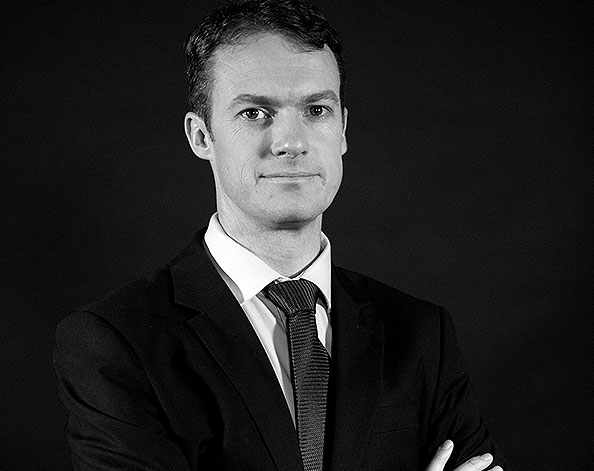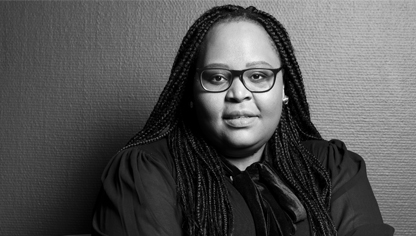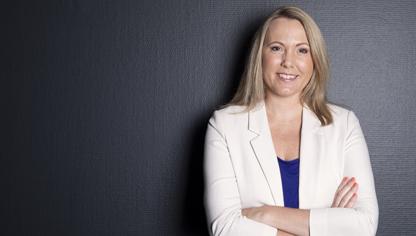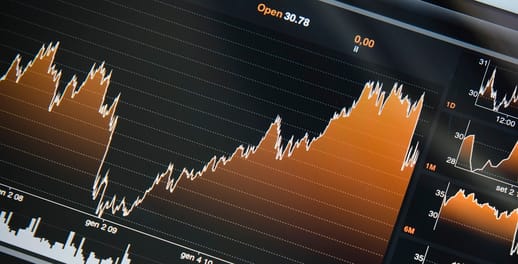Receive Focus insights straight to your inbox
The past decade has seen near zero growth in electricity supply in South Africa which has had a direct impact on the country’s growth. A case in point is the disruptive load-shedding in Q1 that led to -3.2% GDP.
Despite massive financial challenges in Q2, Eskom was able to maintain a steady supply of electricity pushing the Energy Availability Factor - a measure used by the utility to model electricity supply and demand – from around 60% at the start of the year to 70% in Q2.
Talking to Investec Focus, Chris Holdsworth, Chief Investment Strategist for Investec Wealth & Investment, explains what this means for growth in the second quarter.
“From a growth perspective, we are going to get a boost of between 2.5 and 3% in Q2. A stark contrast to the extremely negative growth in the first quarter. However, year-on-year growth is still going to be very modest.”
Eskom financing issues loom large
While we’re getting sufficient supply, at the moment, to allow for modest growth, the biggest risk to South Africa remains the financing of Eskom.
Pointing to the lack of clear direction in this regard, Holdsworth asks: “Will the State take on all of Eskom’s debt? Will there be a special purpose vehicle? Or are they going to get some form of green bond lending, from European developmental institutes, on the basis that Eskom cuts its carbon emissions?”
“The financing question still remains open, which partly explains why our yields are so high, in an environment where global yields have compressed as much as they have.”
Key takeouts on SA
Rand is being influenced by global events
With the country’s large fiscal and current account deficit, we are very dependent on the global economy and the recent strengthening of the rand is being almost exclusively driven by global factors, says Holdsworth.
Strong performance from South African risk assets
According to Investec Wealth & Investment, the strong performance from risk assets that we saw in the first quarter of 2019 continued into the second quarter. “All main asset classes (from a SA investor perspective) delivered positive returns over the three months, with the performance skewed favourably to domestic asset classes versus offshore.”
Bonds are the top-performing asset class
South African bonds have been the strongest performing asset class, returning 12% over the last 12 months.

From a growth perspective, we are going to get a boost of between 2.5 and 3% in Q2. A stark contrast to the extremely negative growth in the first quarter. However, year-on-year growth is still going to be very modest.
The path ahead
While 2% growth is a step in the right direction, it’s not nearly enough for the debt to GDP ratio to stabilise given the government’s ambitious expenditure plans.
South Africa faces few choices in this tough environment and according to Investec Wealth & Investment the only options are:
1. Tax hikes – “If we start increasing tax at this point, it will be destructive for growth,” says Holdsworth.
2. Reducing expenditure plans – Government plans will have to be set aside to allow debt to GDP to stabilise, says Holdsworth. “We have to delay, we simply don’t have the money at the moment to do it.”
3. Selling off stakes in SOEs – “One has to wonder why the state has held onto its TKG [Telkom] stake given the current environment.,” says Holdsworth.
4. Issuing more debt with the risk of a downgrade
Investec Wealth & Investment sees a combination of 2,3 and 4 as being the most likely. "This implies that NHI gets pushed down the road again and govt is compelled to issue more this year to help out Eskom and cover a revenue shortfall given disappointing growth.”
About the author

Lenyaro Sello
Digital content specialist
Lenyaro is a key member of Investec's Global Content team, based in Johannesburg, who focuses on relevant and topical issues for internal and external audiences including clients. She is a well-travelled multi-skilled multimedia journalist who previously held roles within eNews Channel Africa (eNCA) and Eyewitness News (EWN).
About the author

Ingrid Booth
Lead digital content producer
Ingrid Booth is a consumer magazine journalist who made the successful transition to corporate PR and back into digital publishing. As part of Investec's Brand Centre digital content team, her role entails coordinating and producing multi-media content from across the Group for Investec's publishing platform, Focus.




